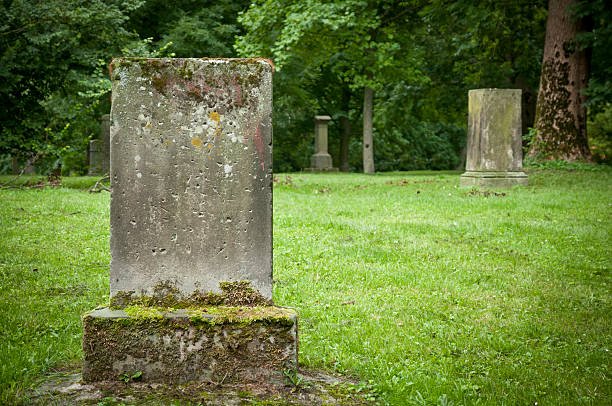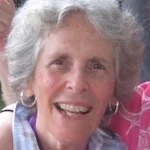
The gravedigger called, annoyed that I was not at the cemetery where he was waiting to lay my father’s stone marker. I’d expected his call en route and said I would get there as fast as possible.
It was a steamy, late summer day some years ago and the cemetery was a 15-minute drive. My father’s ashes were encased in a black plastic box beside me. He’d died in 2000 and since then, the heavy, half empty container had collected dust in a corner of my office. He’d requested the scattering of his ashes at the University of Virginia where he’d been a student and taught for many years at the Darden School of Business.
Soon after his death, I followed my father’s wishes, dispersing some of his ashes on a grassy knoll looking uphill to the school’s wide steps and doric columns. My husband, our grown children and I gathered under the white pines, scooped the ashes and let them fly. My son read the 23rd Psalm and we said The Lord’s Prayer. (This once green oasis was recently blacktopped into a parking lot).
Later I dusted a handful of my father’s ashes under the giant magnolia stretching to the Rotunda on the University’s Lawn. One June, I sprayed a few more ashes into the dunes of Virginia Beach where we spent my childhood summers, and watched the gritty powder disappear into the sand.
But most of my father’s ashes were still aging in the corner of my office. He had no cemetery marker and I felt one was overdue. I arranged to have a small marker engraved with his name, dates and the words: Wit, Generosity, Kindness.
I learned that cemetery plots are under the control of the local Department of Parks and Recreation. They informed me that there was no more room in my family plot but a marker could be added at the foot of my mother’s existing grave. They’d research it and a white flag would show the spot.
Stopped by road construction en route to the cemetery, I tuned up my book on tape: a memoir of the Dalai Lama and his tenets on forgiveness, interdependency, meditation and inward calm. Tell that to the hardhat riveters on the road. Meanwhile I wrestled the heavy black box, trying to pry it open and pour a last handful of ashes into a Christmas card box to keep a few ashes to scatter in my yard. The black top wouldn’t budge. Cars honked behind me.
The grave diggers waited at the cemetery beside their flatbed truck, shovels in hand. I finally yanked the black top loose and tossed a handful of powdery ashes into the Christmas box, ashes spilling in my lap. Then I ran to find the white flag. It was in the wrong place, between the graves of my great-grandparents instead of beside my mother’s grave.
“Is this where you want it?” asked the head digger. He was sweating hard, his ruddy face flushed and his whale belly heaving. His assistant was tall and lean, his grey curls tied in a green bandana. He raised his tee-shirt to scratch a stomach as taut as a sandwich board.
“Yes, right here.”
The first digger poked a rod deep into the damp grass. “Your mother in a vault?”
I heard metal hit metal. “I guess so,” I said.
He began to dig, dumping huge scoops of grass and Virginia red clay into the wheelbarrow. By eye, he’d measured the hole’s width perfectly. “I’ve been digging graves since I was a teenager. My father done it before me.” He was breathing hard, proud of his labor. “My dad made it to 80. I ain’t gonna live that long. Half my life’s gone.”
“I bet you live a long time,” I volunteered. “My father lived to 90.”
“Nope. People don’t live so long as in the old days,” he said.
The fresh hole was deep, a red wound in the dewy grass. I hugged the black plastic box labeled “Remains.” Reluctantly, I handed the box to the gravedigger and he gently lowered it into the ground. The box was slightly tilted; I wanted to reach in and lay it flat, but I didn’t move. “He died in 2000,” I said, “…a long time ago but still…”
“He was your Dad,” said the gravedigger.
Yes. I nodded.
The gravedigger ordered his assistant to fill the hole with a grey mixture of crushed gravel and wet cement. He flicked out his cigarette and poured the noisy stones. Once filled, the two men set the granite marker in place. The assistant hosed its surface, making sure the chiseled words were polished and free of dirt. My father’s name and dates shone in the mid-day heat.
“Call me, if there’s any problems, sinking or shifting,” said the gravedigger. “We want it to be right. We guarantee our work.”
“Thanks so much,” I said, and saved his number.

Share this post with your friends.


wonderful posting Elizabeth!
Beautifully written, Elizabeth.